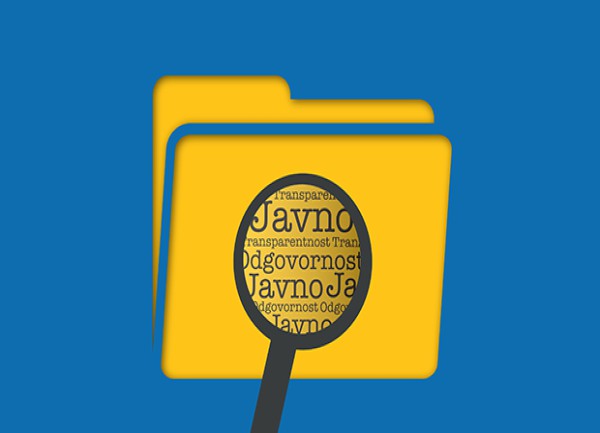Responding to allegations that the University of Prishtina promoted academics with disregard to meritocratic criteria, Marjan Dema, the university’s current rector, shifts the blame to the Senate, explicitly declaring that the previously mentioned is under the Senate’s responsibility. Rozafa Koliqi, a whistleblower, revealed allegedly unjust promotion practices at the Faculty of Medicine on BIRN’s programme, declaring that she was unjustly rejected for the position of teaching assistant at this faculty. “Life in Kosovo” shed light onto the suspicious voting procedures of University of Prishtina senators, which failed to apply the highest standards for ensuring equality in the selection and promotion of academic staff.
A group of civil society organizations, including BIRN, sent a letter to Minister of Education Arsim Bajrami, explicitly displaying their concerns about academic integrity within the university and asking him to find a solution for the dire state of Kosovo’s higher education. Bajrami confronted these public concerns after a detailed investigation by “Life in Kosovo” and wrote a letter to Dema demanding that the University of Prishtina ensure the application of the highest academic principles and standards of transparency when selecting and promoting academic staff.
Representatives of the Organization for Increasing Quality in Education, ORCA, contributed to the topic by presenting its sobering findings from their report on the academic integrity of the managing staff, which claims that a high percentage of the university’s faculty published in fraudulent articles.
“Life in Kosovo” also hosted two European-Commissioned experts, Ian Smith and Tom Hamilton, who discussed high salaries and “vulgar corruption” within the university. The guests emphasized the crucial need to fight corruptive behavior in Kosovo’s higher education. Their own report came after the recent scandals involving unfair promotions, revealed by BIRN, at the University of Prishtina.

 The lecture was delivered by the head of planning at
The lecture was delivered by the head of planning at 



